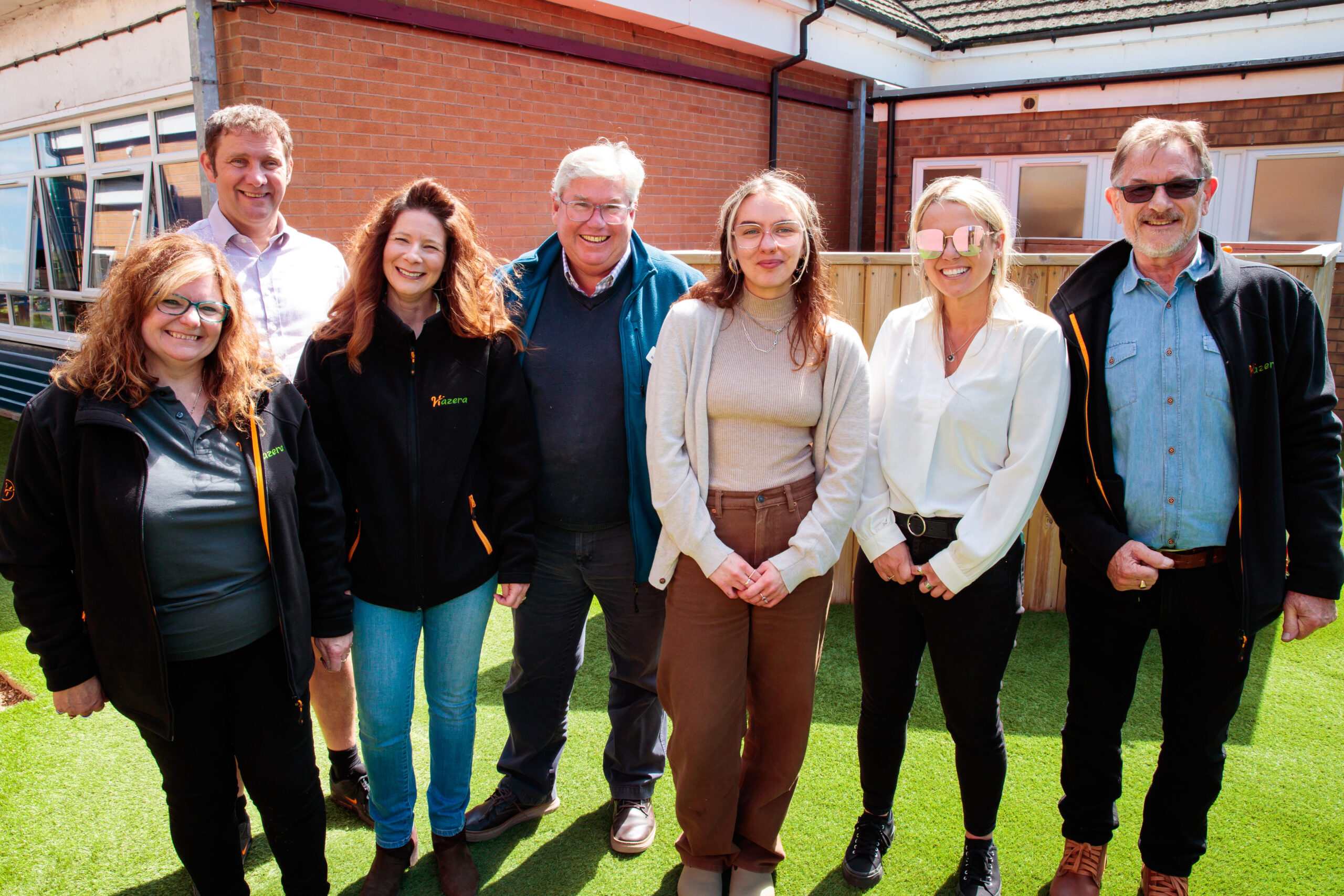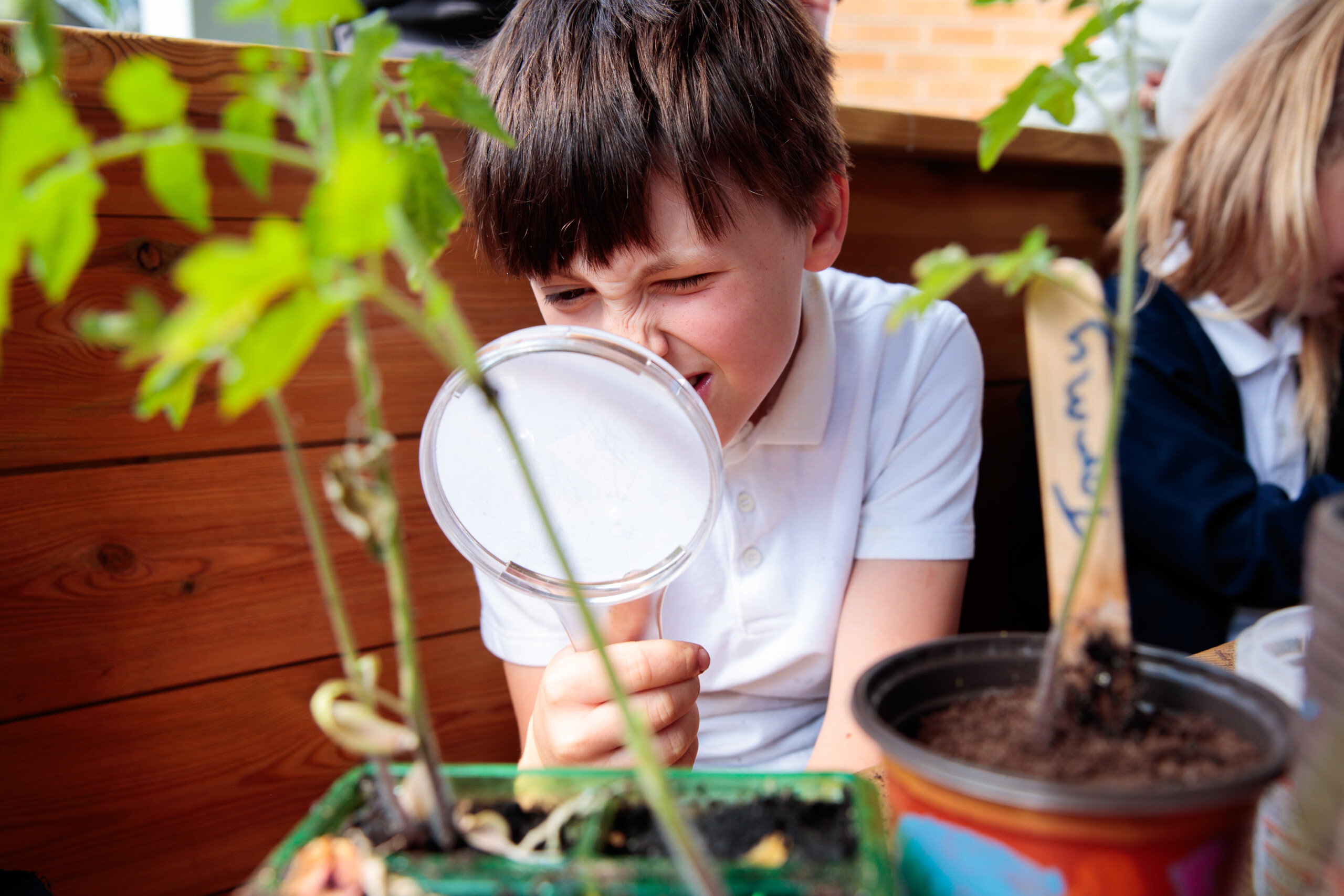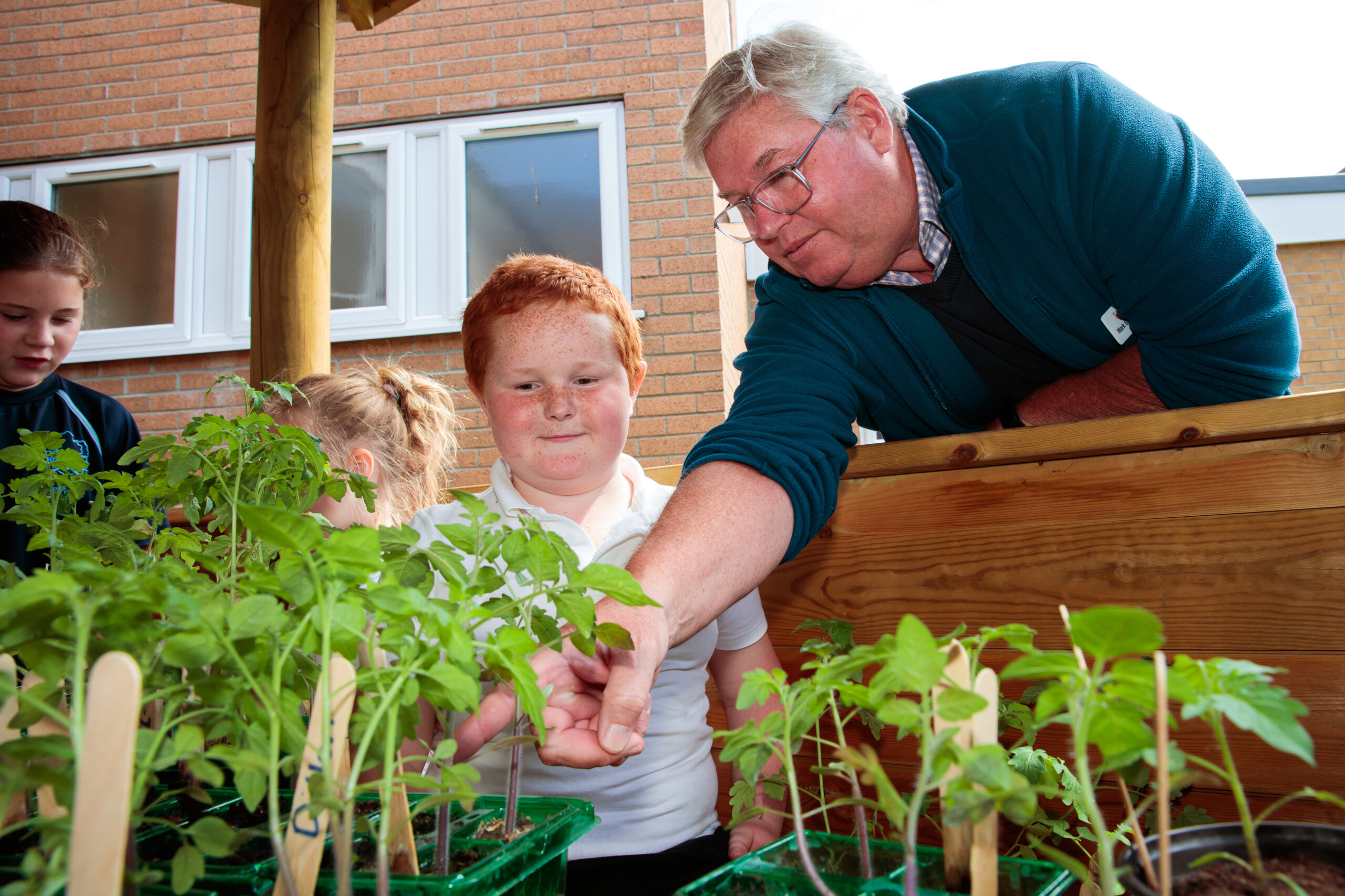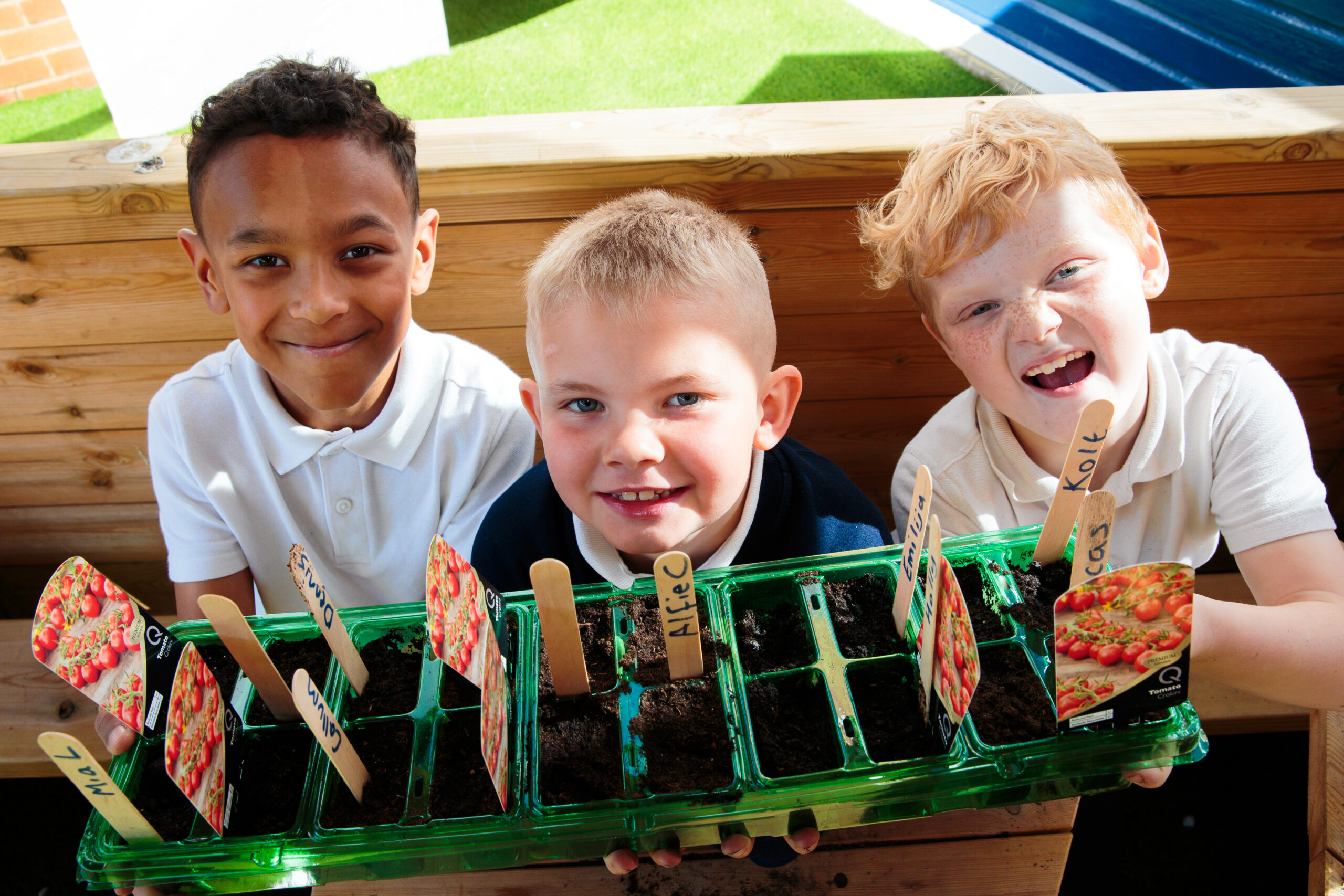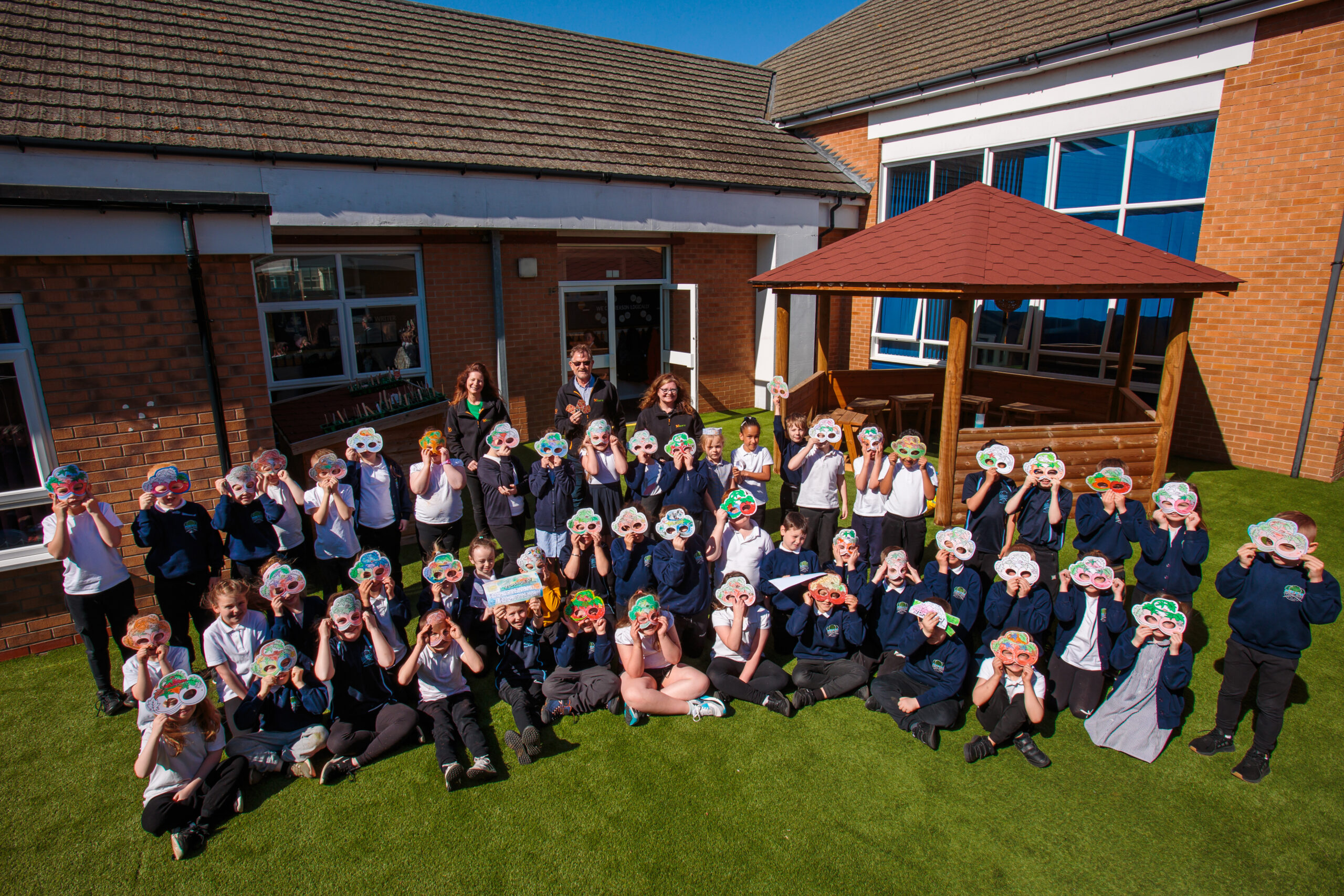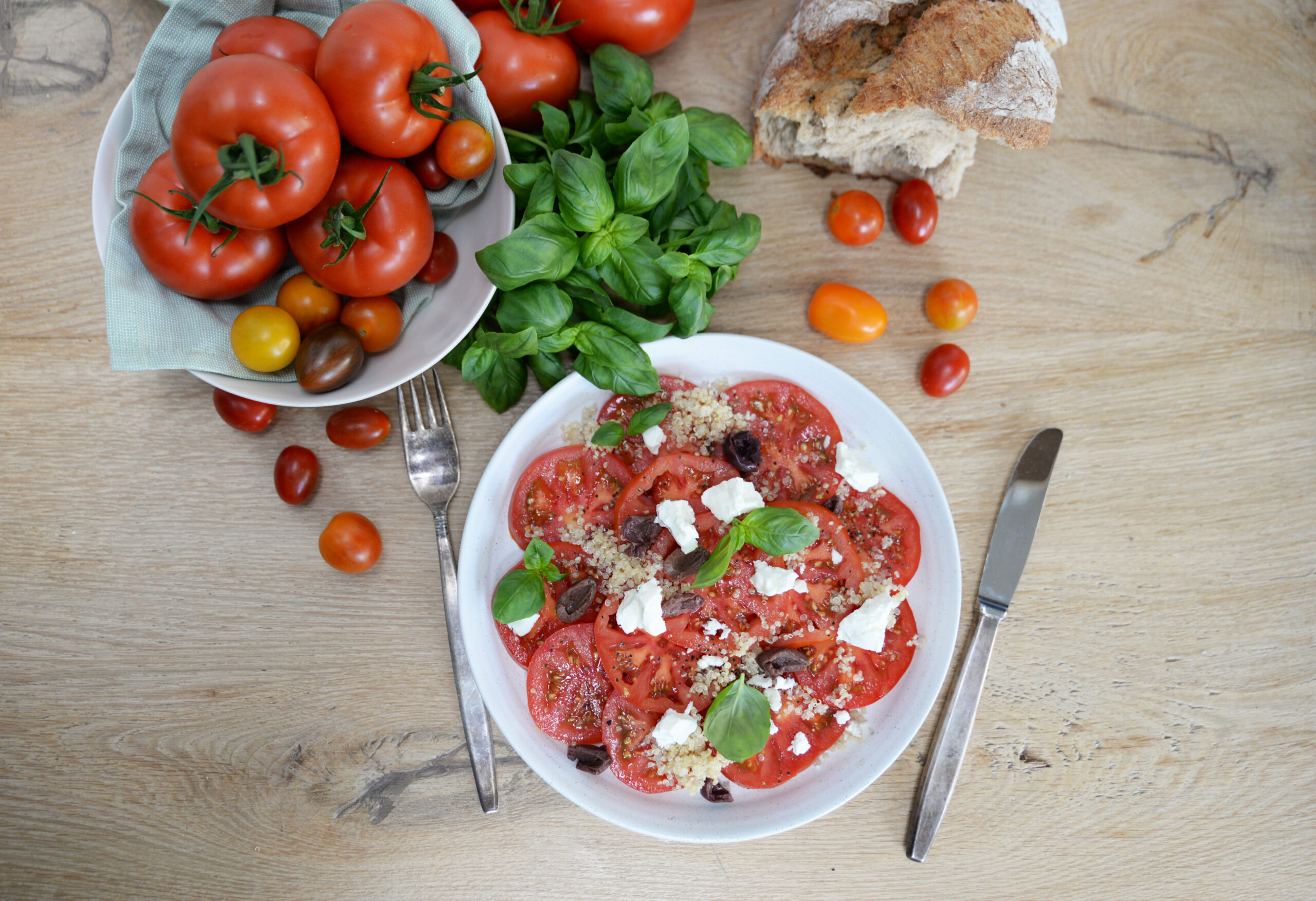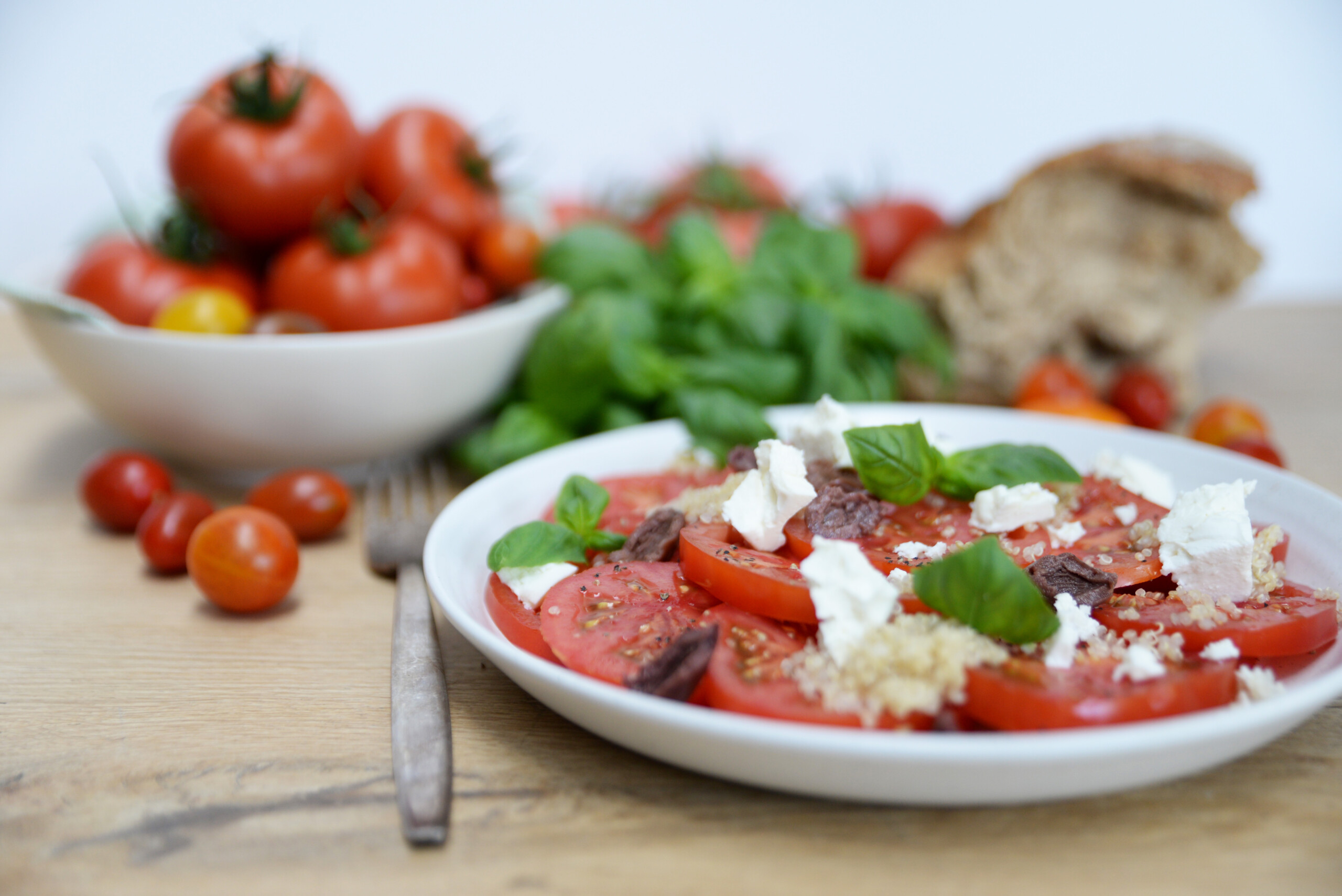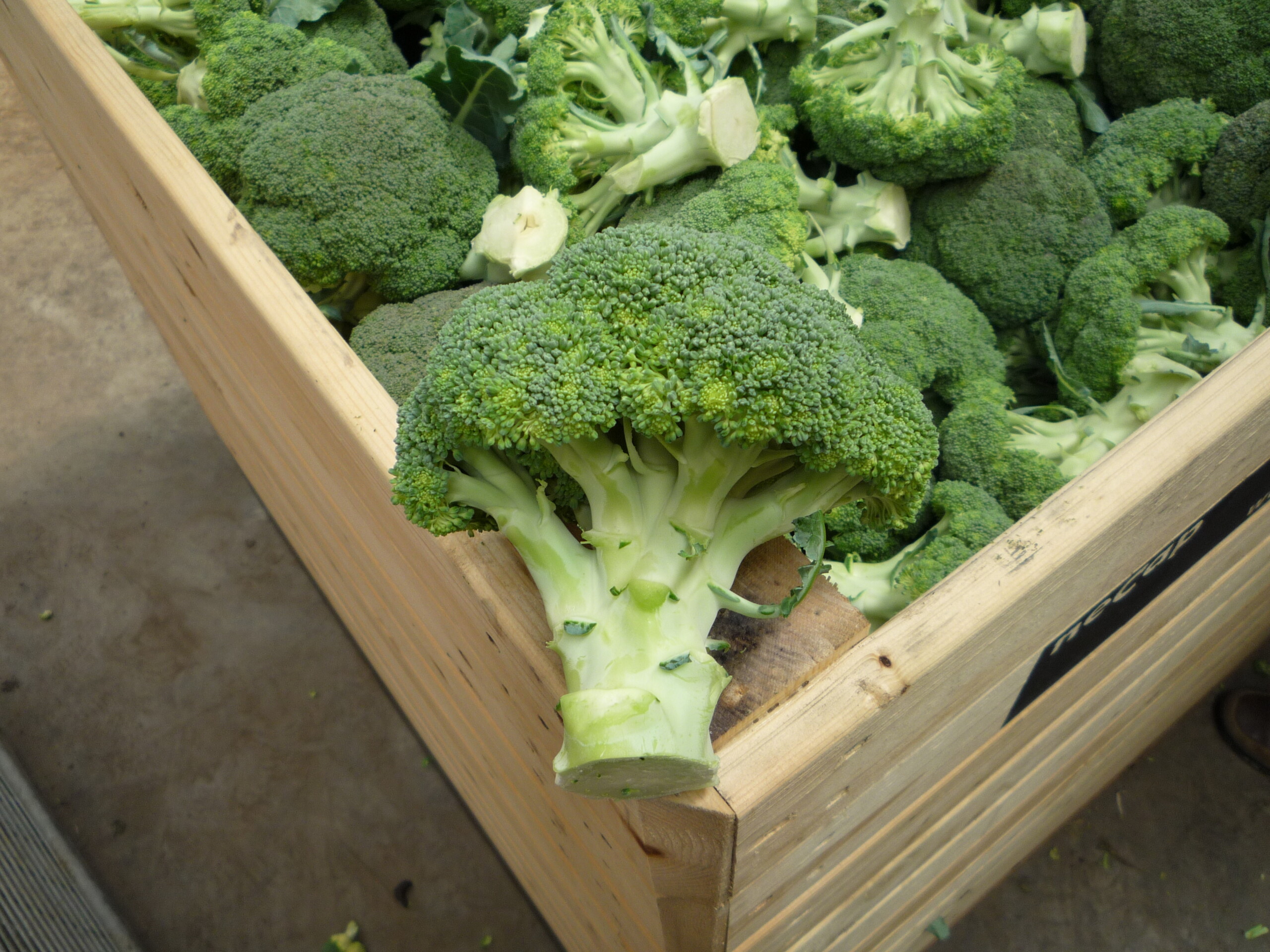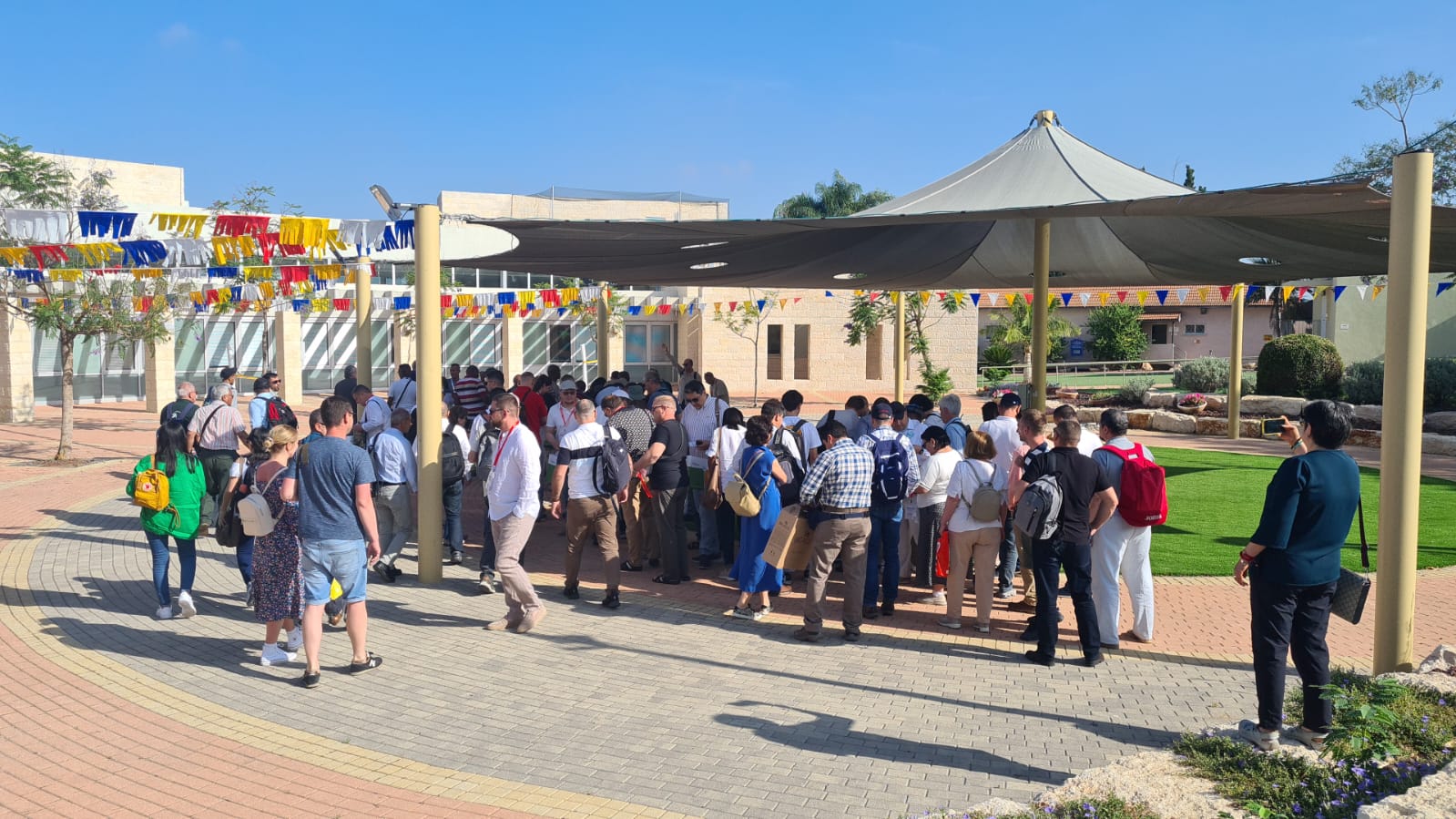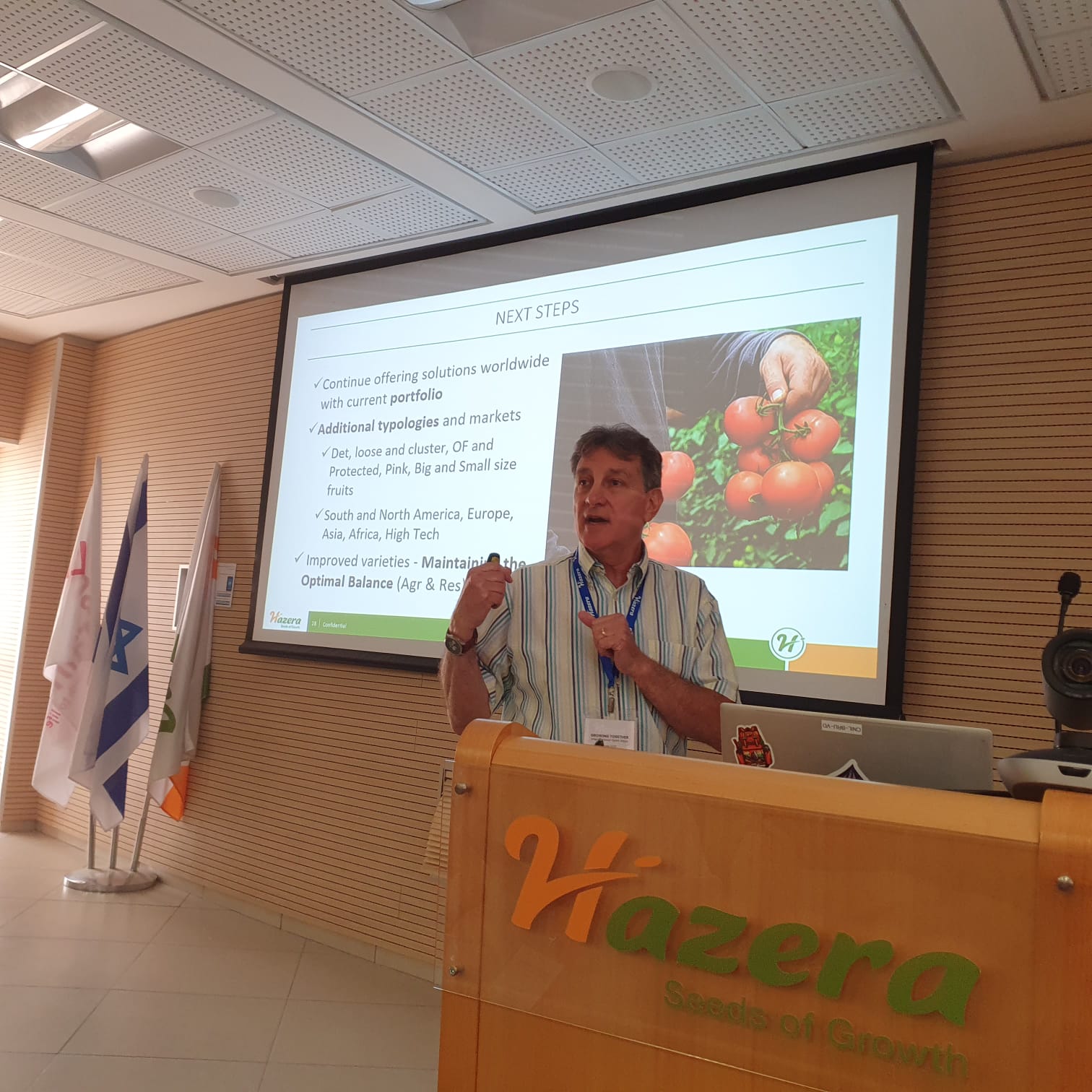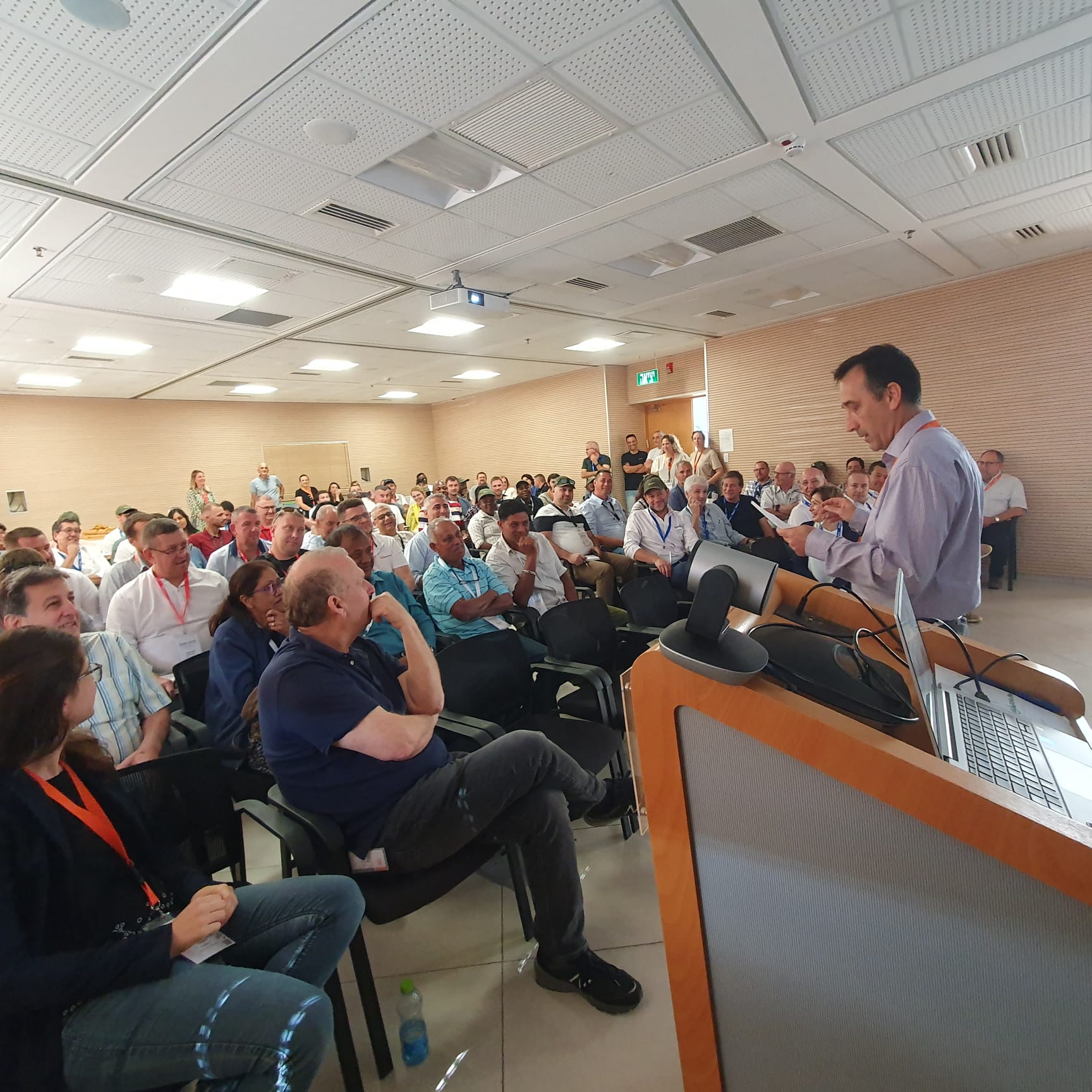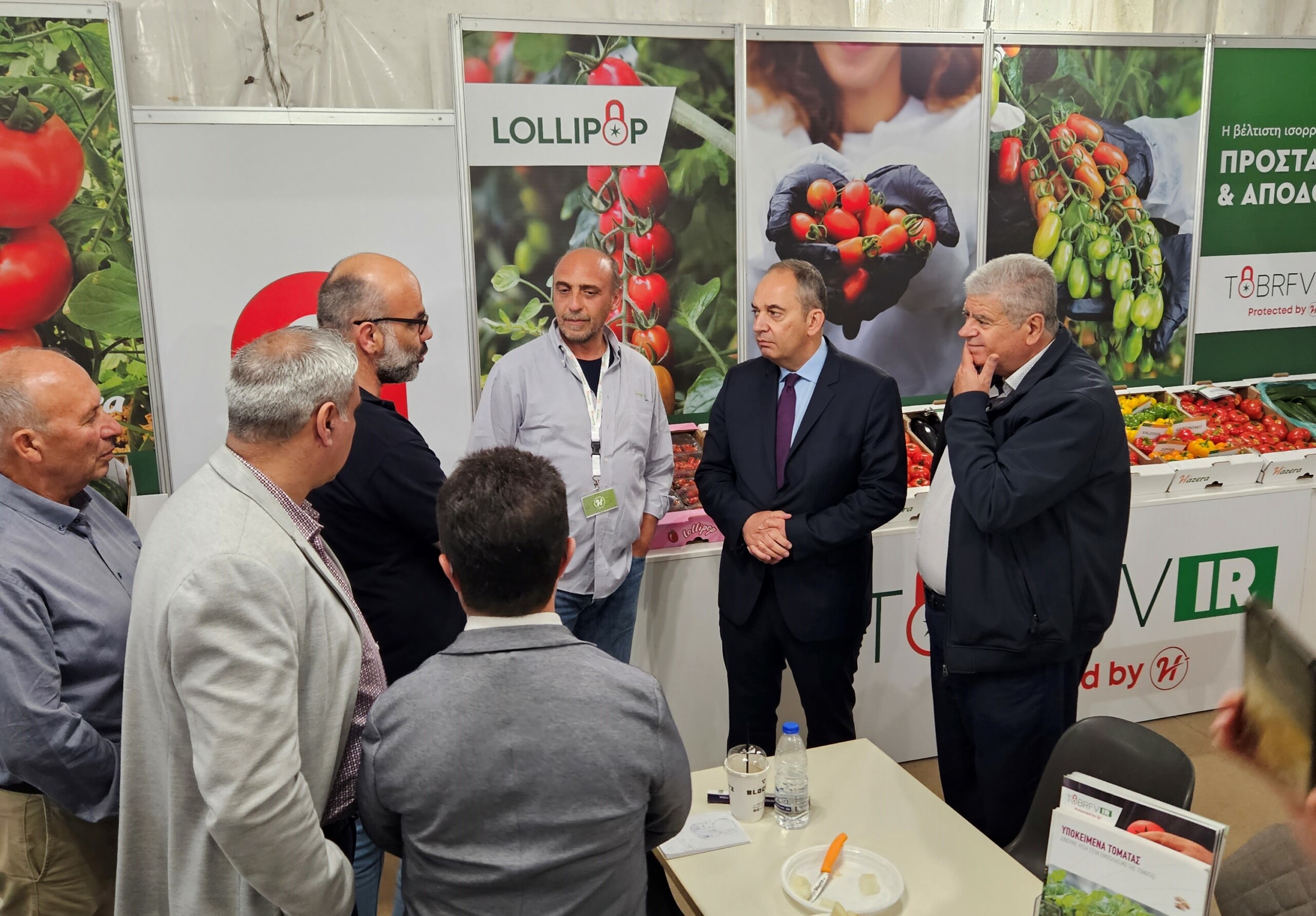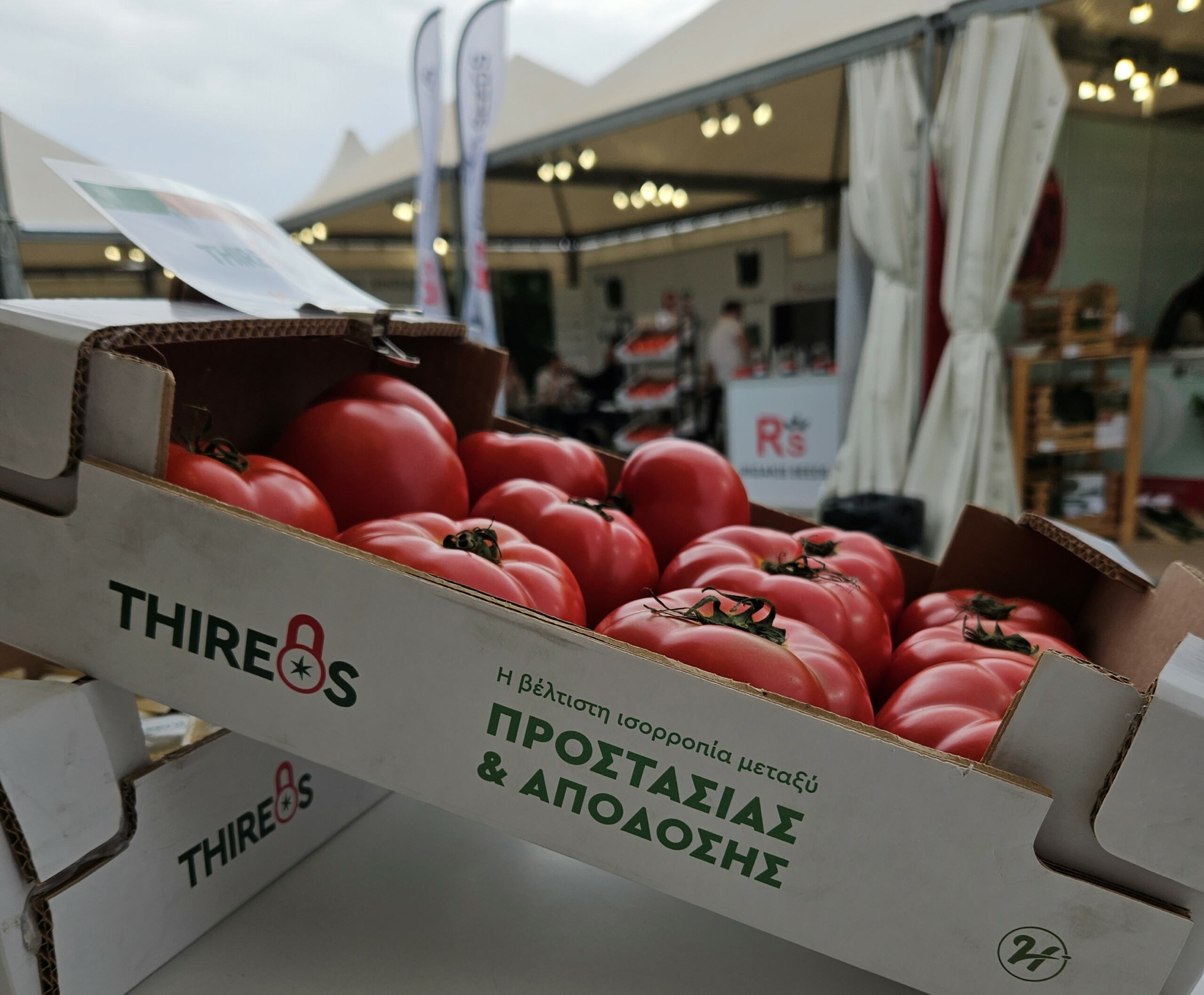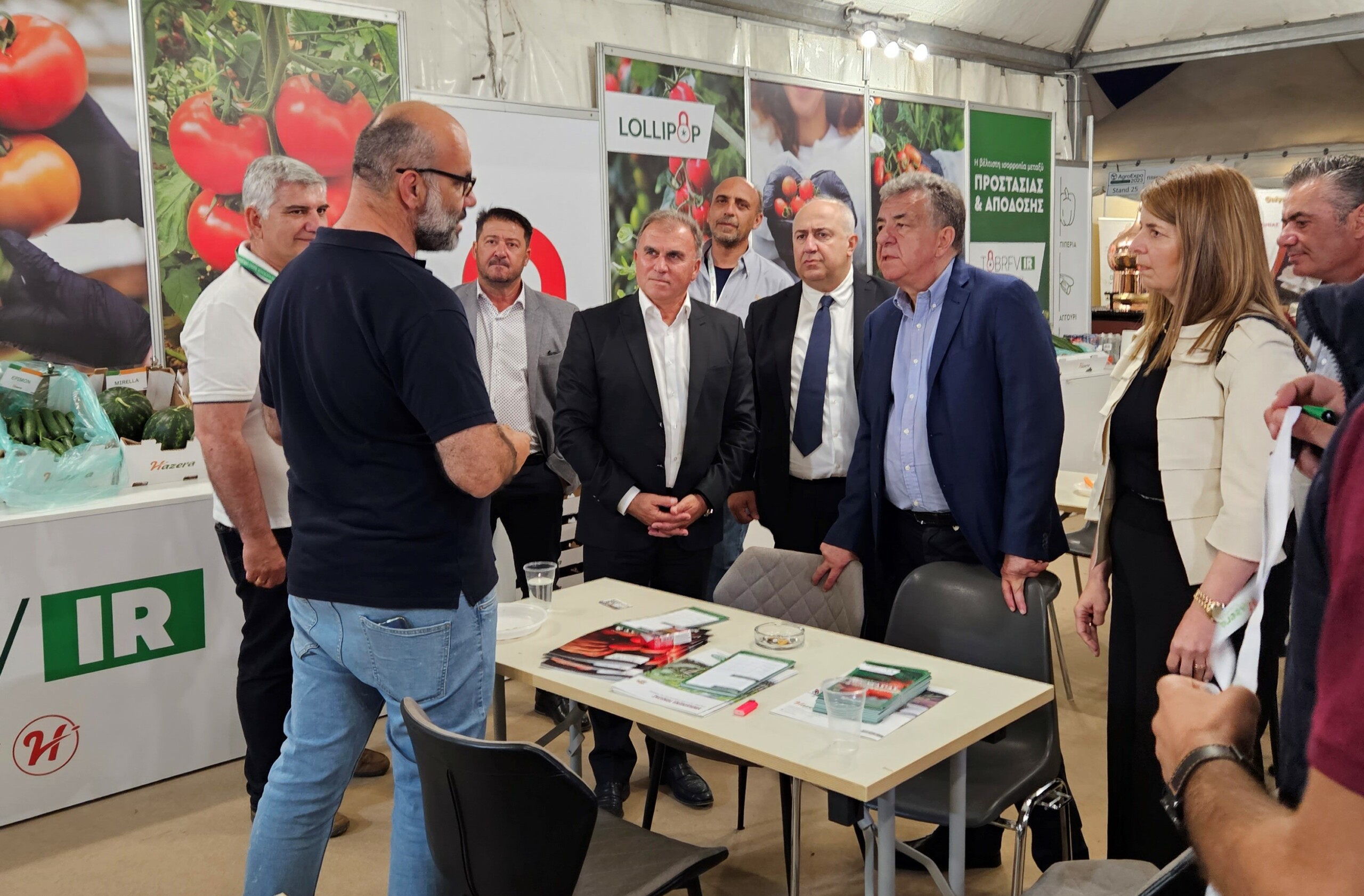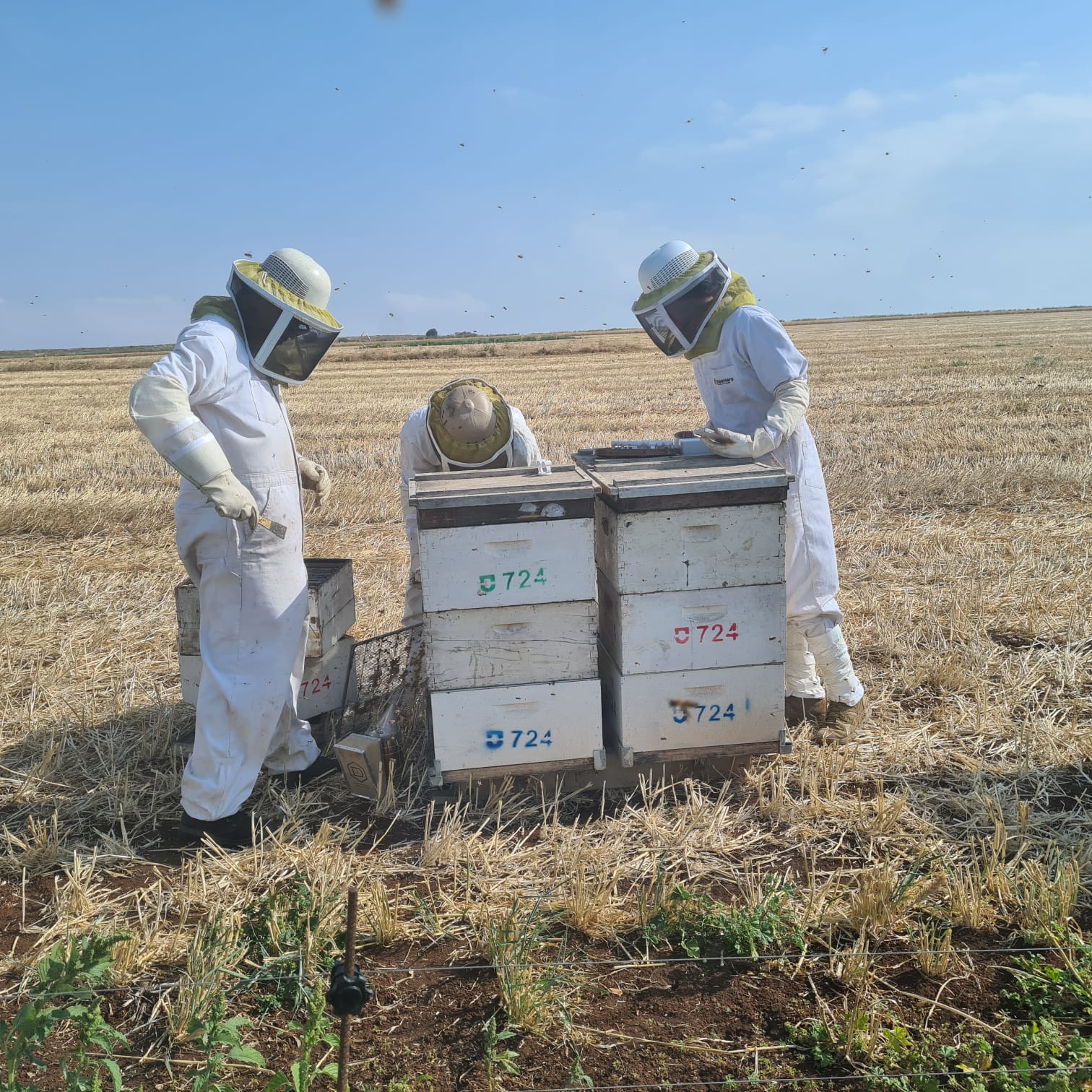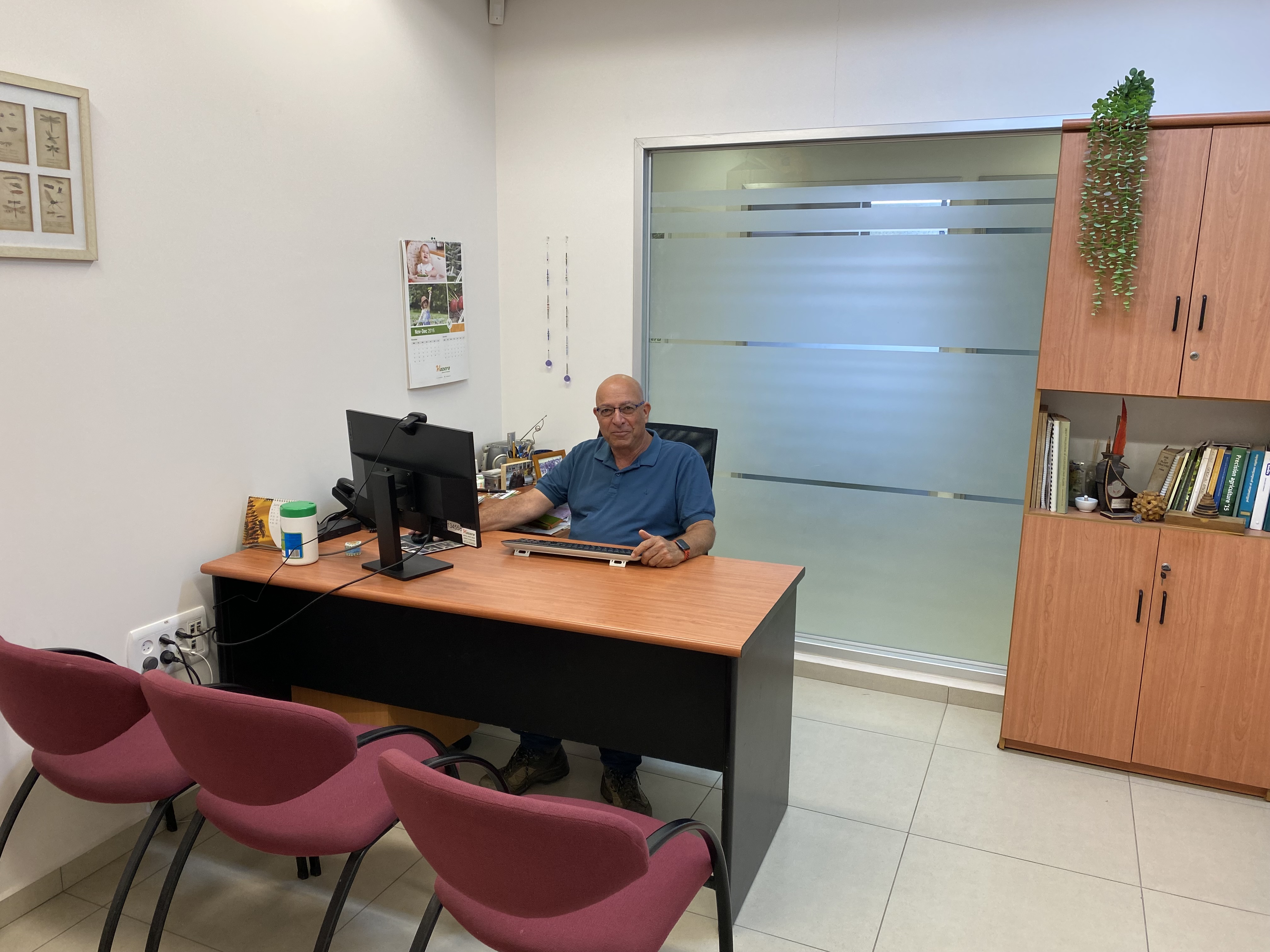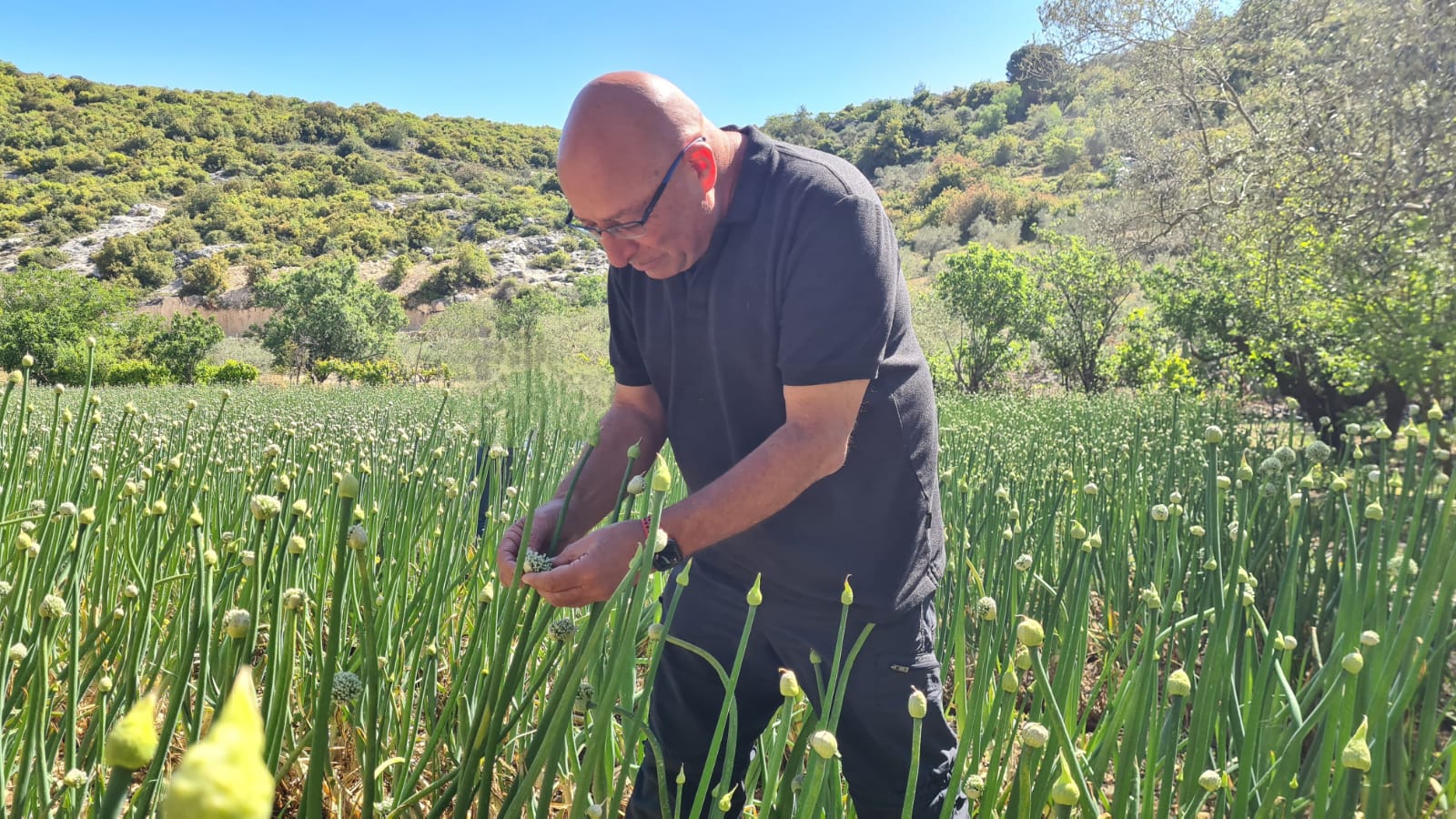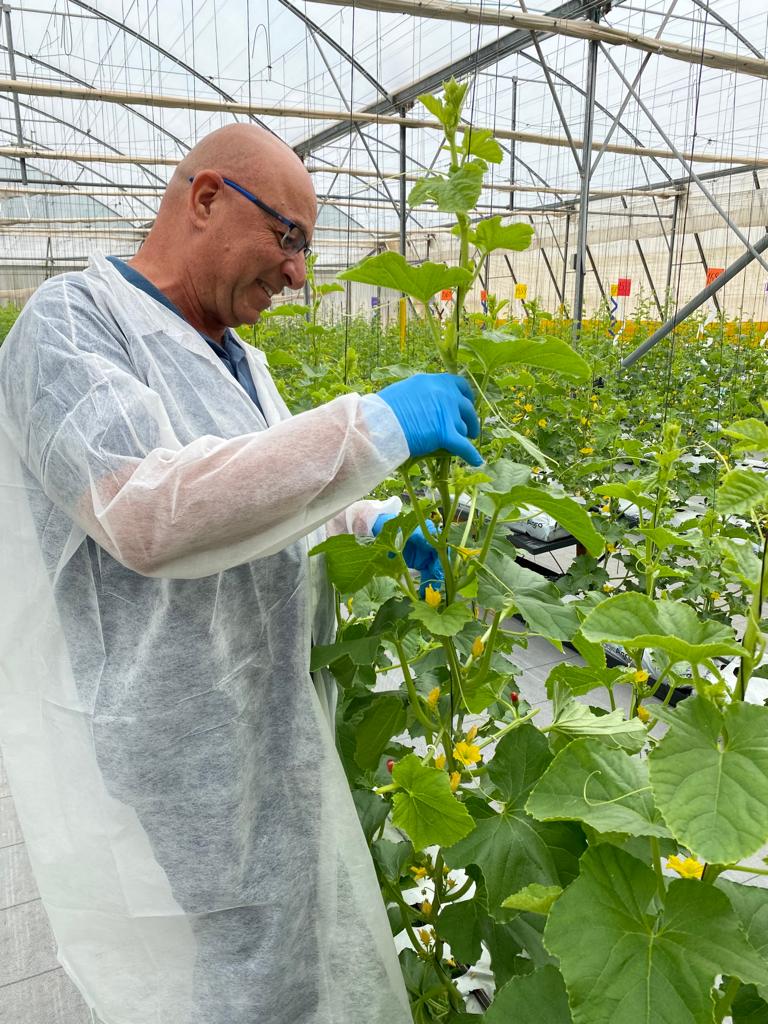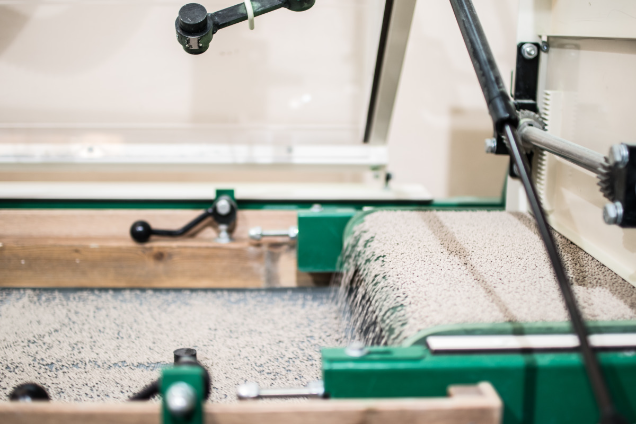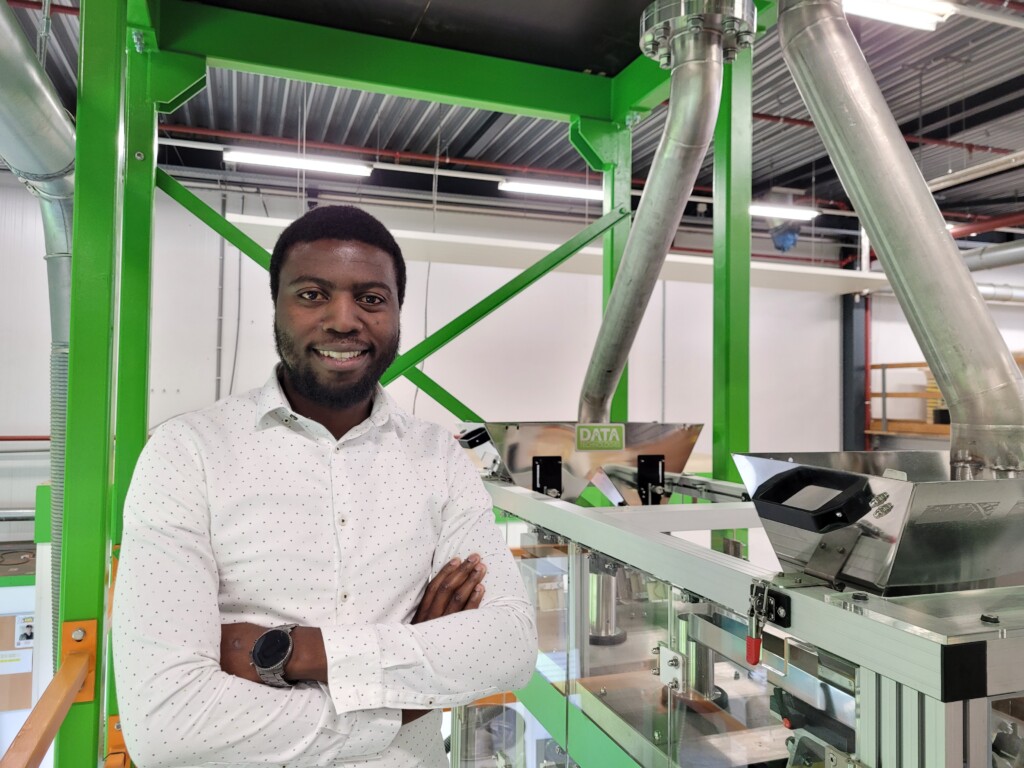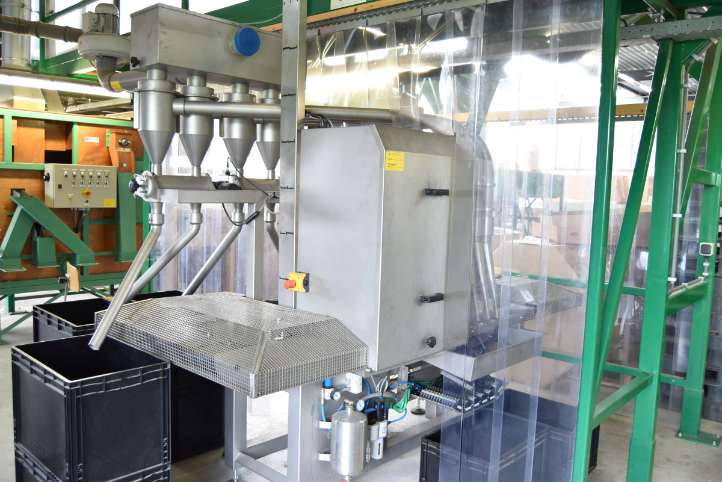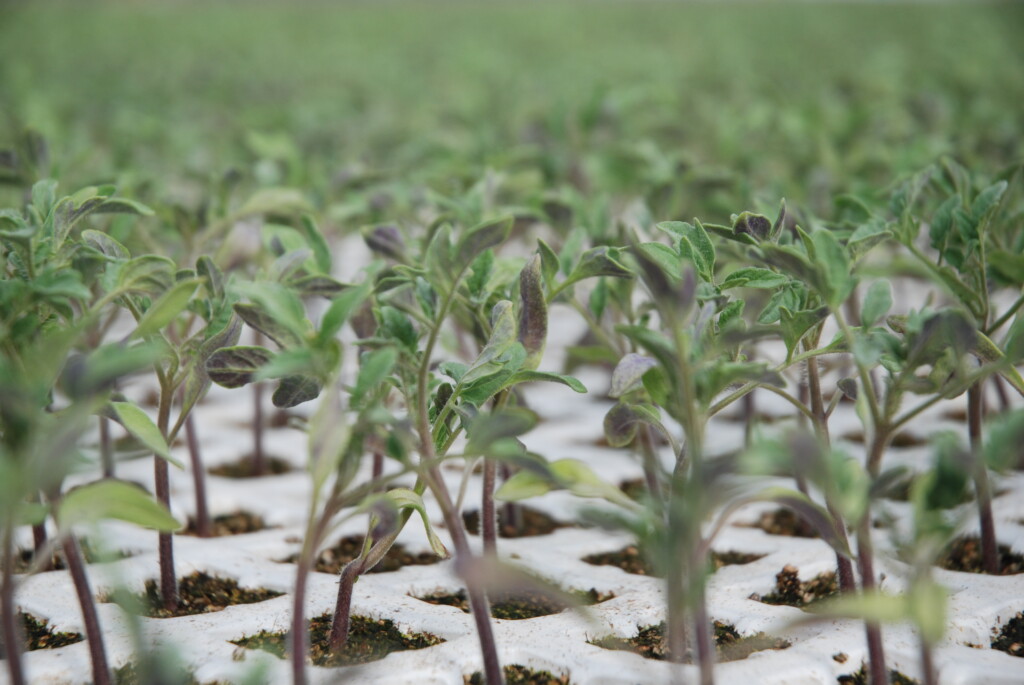ToBRFV, Tomato Brown Rugose Fruit Virus, is a constant threat to growers worldwide as it significantly reduces yields, affects the quality of the fruit, and systematically infects other plants. It is a very transmittable virus that can infect through soil, tools, water, and people’s contact. Hazera has been tackling this threat with its ToBRFV IR varieties- the optimal balance between protection and performance– which provide growers with an effective tool to face the highly infectious virus.
Alfredo Mesa, Product Manager for tomatoes tells us how the ToBRFV varieties changed the tomato market in Spain.
Can you give an overview of the market before the presence of the ToBRFV resistant varieties?
“Not all the markets have reacted the same way to the virus. In the first markets with virus-infected tomato crops, growers needed to adapt to the situation without resistant varieties. From doing one long cycle per year, they moved to two cycles. Others were searching for varieties with field tolerance. Growers realized that they needed resistant varieties as their “tolerant” varieties were not strong enough anymore due to the increased level of infection, so the seed companies started to release resistant varieties. These markets needed to be open to change their traditional varieties to new resistant ones because the growers were not willing to try anything without the resistance.”
How did the new virus impact the market?
“All markets were impacted differently, depending on when the virus appeared. It seemed to have affected more greenhouse production than open fields. The more intense the agriculture system was, the more impact the virus had on that market. Another change in the market was the change of susceptible varieties to resistant ones. However, the cultivated tomato area has not decreased yet.”
How did the new virus impact the growers?
“Growers suffered from marketable yield loss. They needed to finish their crops earlier, sometimes even two months earlier than they used to, leading to shorter growing cycles. It was necessary because the virus weakened the plants by reducing the foliar area. If the infection starts in young plants, growers must pull out the plants and start again if possible. If not, they need to move to other crops.”
How did Hazera develop its varieties?
“Hazera has been researching and investing massive resources and working for over ten years side to side with our growers/partners to develop a good resistance level without compromising the performance of the current varieties. Breeders, phytopathologists, and genetics worked together, implementing state-of-the-art tools and technologies to speed up the discovery and implementation stages. Thousands of sources were screened looking for potential sources of resistance against the virus. New phytopathology bioassays were developed to confirm and validate the potential sources found. Then parental lines and further hybrids carrying the resistance against the virus were developed and hybrids were deployed in a vast network of trials in the different markets worldwide to confirm both the resistance against the virus and the agronomical performance. Only varieties combining both Resistance and Performance were promoted to the next stages.
Which ones are the dominant varieties in the Spanish market?
“Depending on the typology. For example, nowadays, the Mini Plum varieties, like Pendragon, and Windsor are the more common ones. They have a high performance in all markets and all seasons. Both are very productive and outyield most of the competition, even more so when ToBRFV is present. They also make the harvest process very efficient as the fruits from two and three clusters could be left in the plant and harvested at once. Shelf-life of the fruits is also very good, which allows the harvest to be very efficient. Growers who didn’t have problems with ToBRFV are still very satisfied with Camelot. In segments where new ToBRFV-resistant varieties are not performing well, such as cluster typologies, growers stick to their traditional varieties. Additionally, some plantings, particularly those in November-December with short cycles and no virus present, serve as opportunities for growers to test new ToBRFV-resistant varieties as a precaution.”
What are the main benefits of these varieties?
“If I had to narrow it down, I would highlight the following characteristics:
– High yield potential with very little waste in the field and retail.
– Good quality fruits if they are harvested at the right time in terms of maturity with extended shelf-life.
– Good resistance to ToBRFV infection.”
What are the tomato growers looking for today?
“They look for resistance and performance, which means that fruits and plants do not show symptoms of infection, and at the same time, the varieties perform over the minimum standards of yield, size, quality, etc. First, of course, they look for resistance, but after testing what the seed companies are presenting with resistance, they request high performance. Hazera will not release inferior varieties.”
How are the Hazera ToBRFV-resistant varieties perceived in Spain?
“Hazera did not only contribute with varieties with good levels of resistance and performance but also with education on dealing with the virus. The Hazera team did their research and communicated their findings to the growers, technicians, and agricultural advisors. The Hazera team had a clear message that the best strategy to prevent the virus infection is to start the crop with a clean and disinfected structure and ground, then use resistant varieties, and finally, use the best practices when working in the greenhouse.”
How are Hazera’s efforts recognized?
“The growers recognize the effort done by Hazera to help them overcome the new threat/virus. They can see the difference between susceptible and IR-resistant varieties. They know that Hazera varieties are reliable, and they are confident. The proof is the many phone calls we receive requesting information and seeds for our varieties. We are a reference in the fields because we are the ones who talked about the virus to them even before they knew that they have the virus in their greenhouses.”
Would you like to learn more about the market in Spain or have other questions? Contact us!


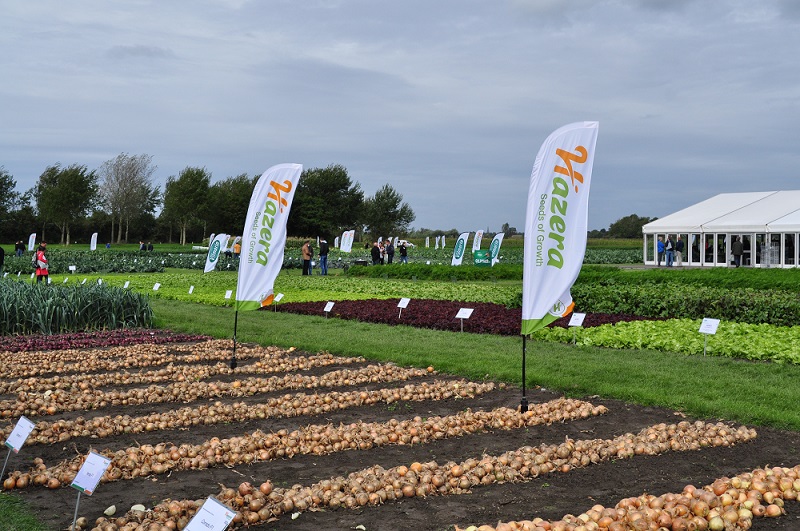

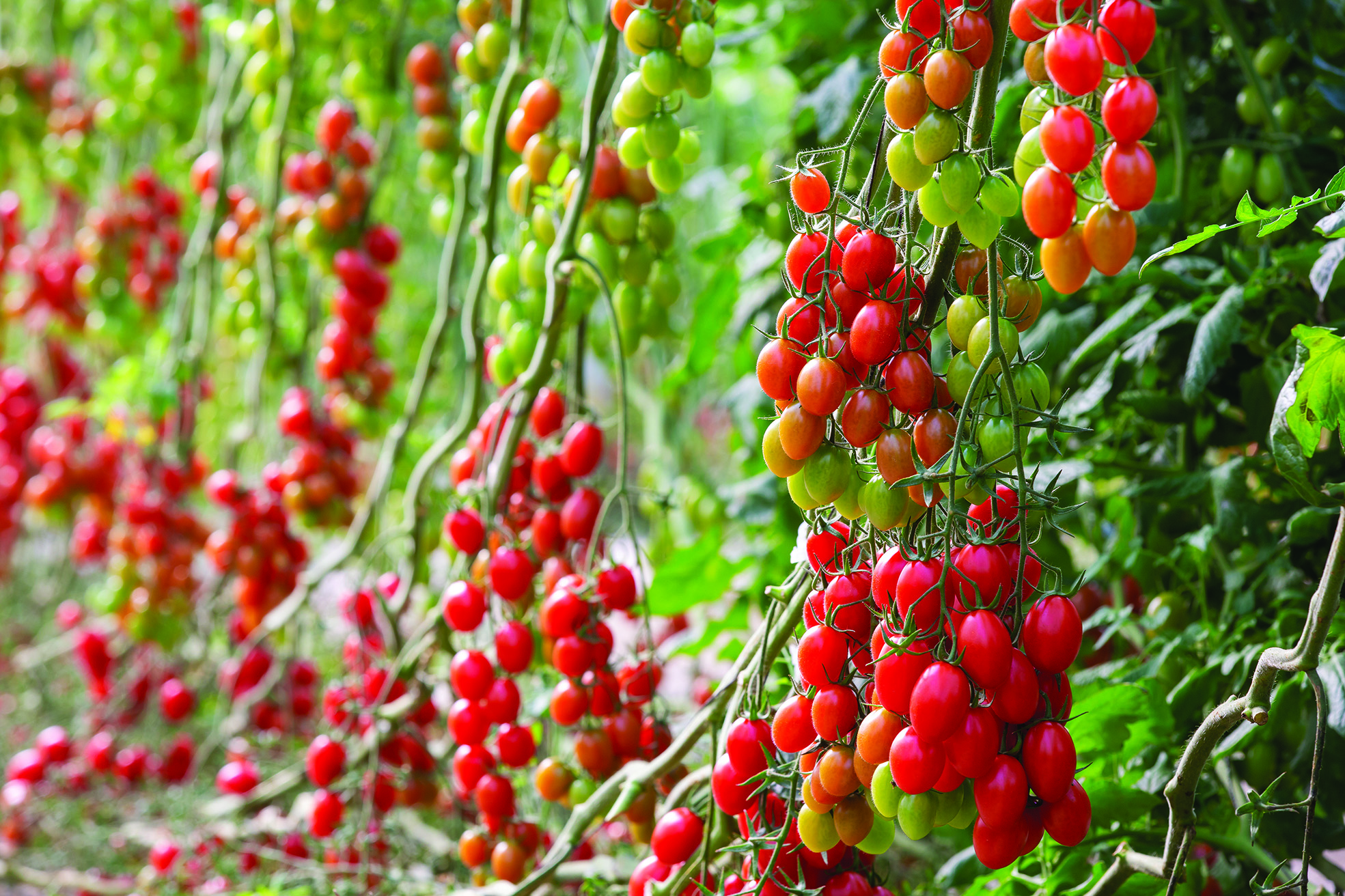
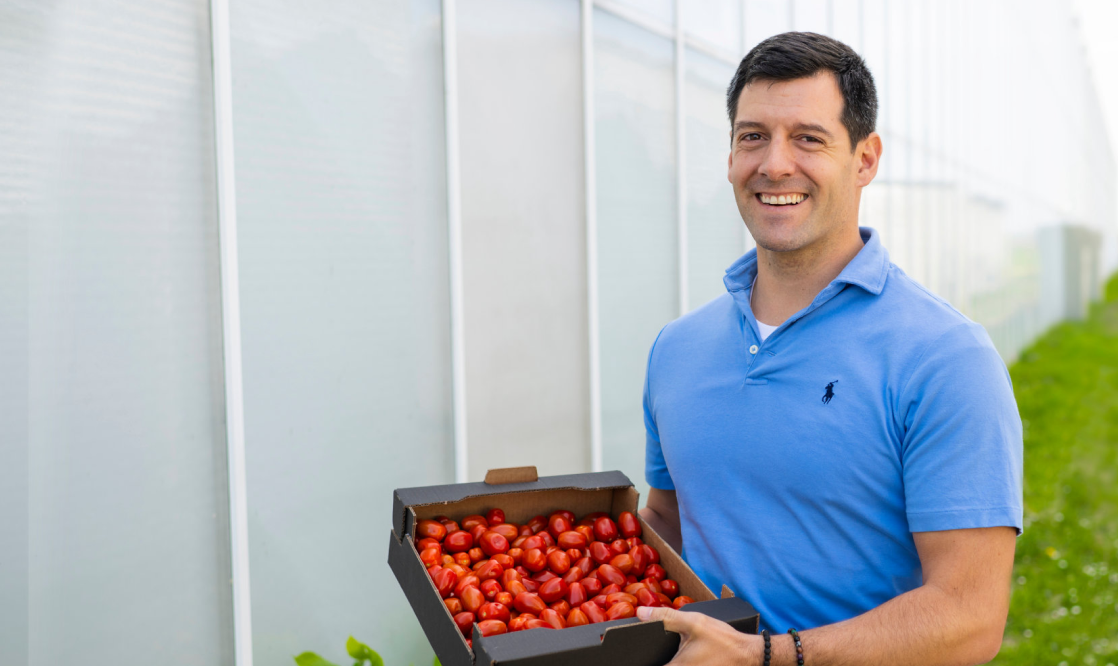
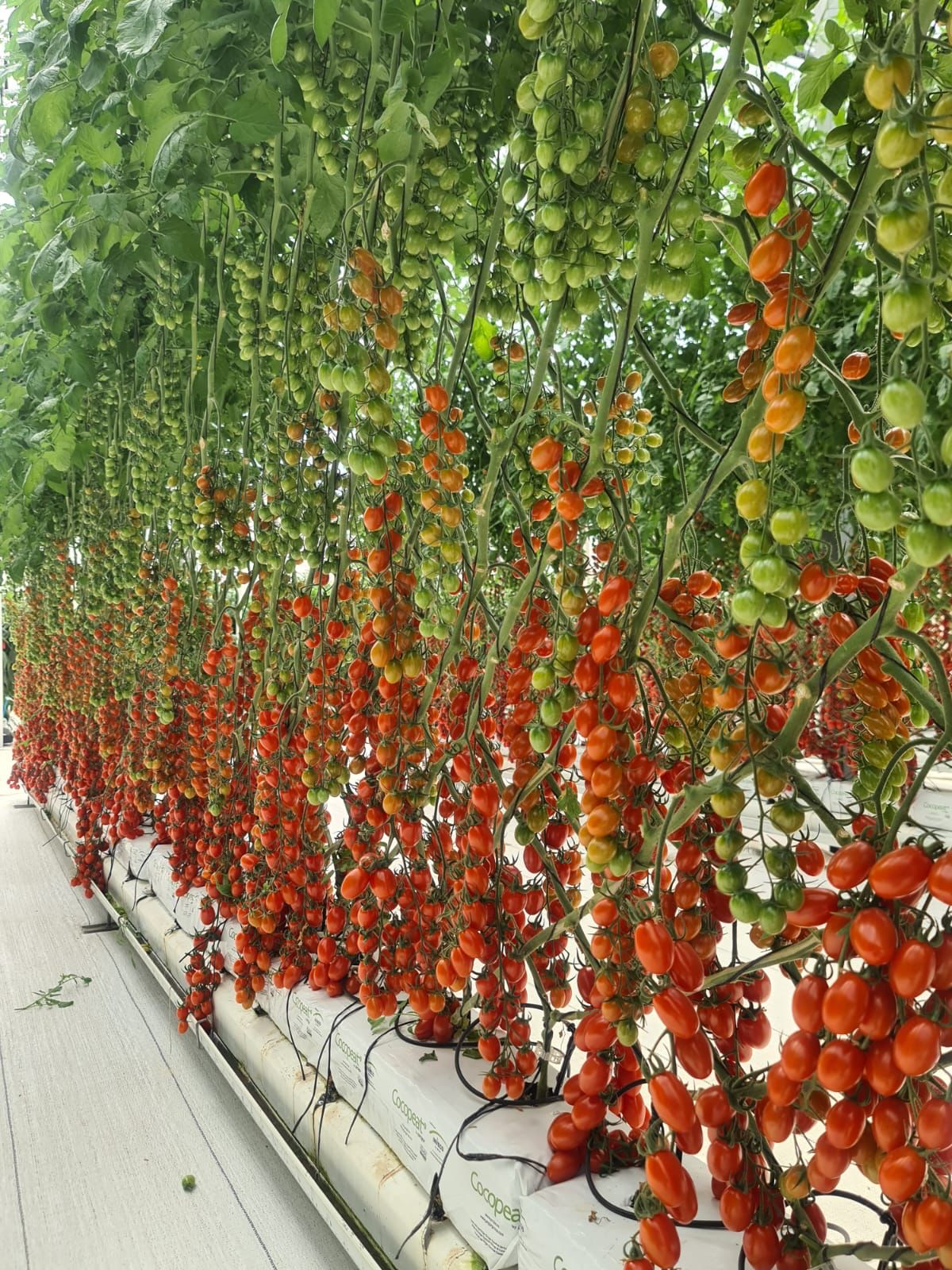

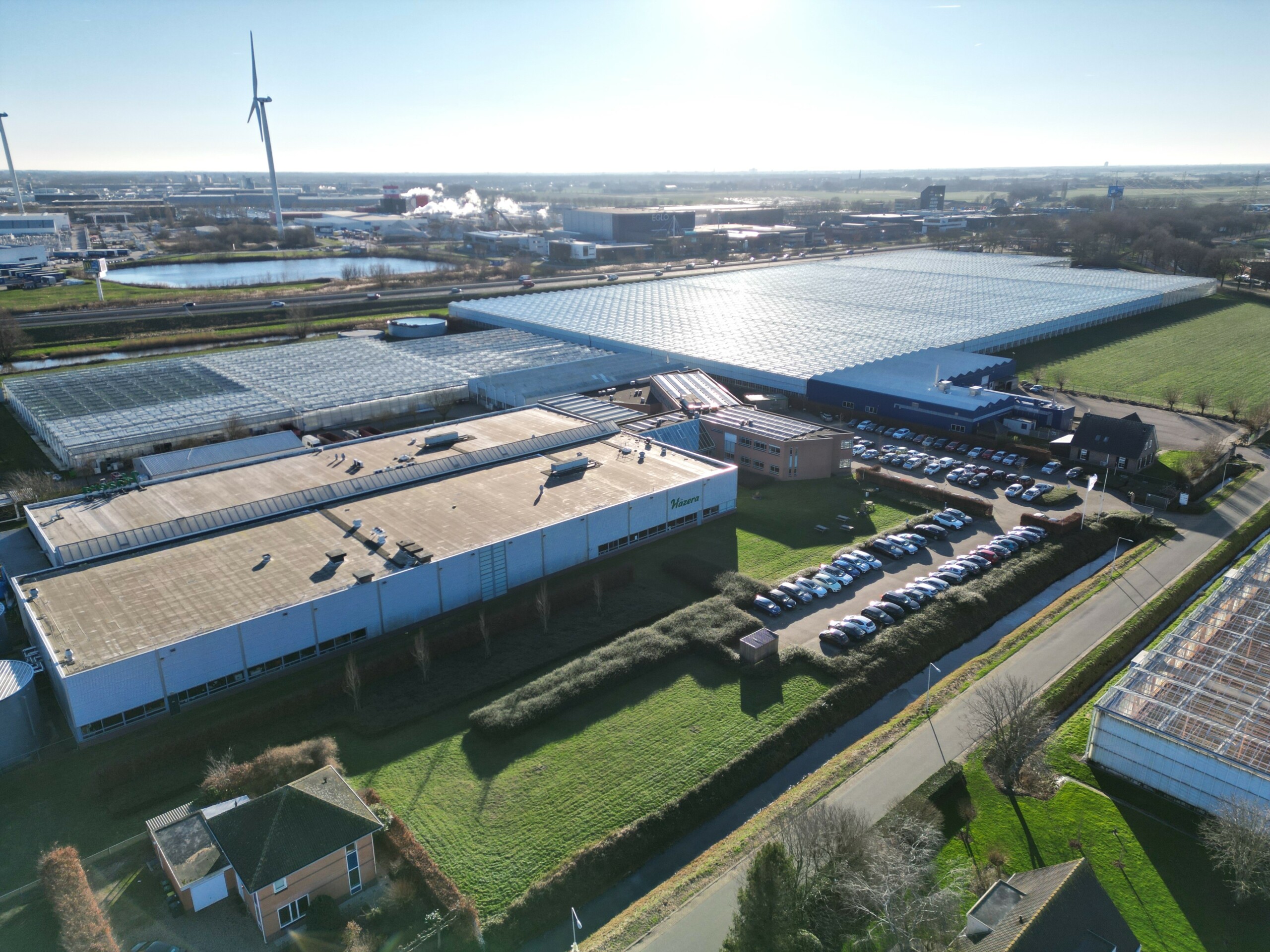
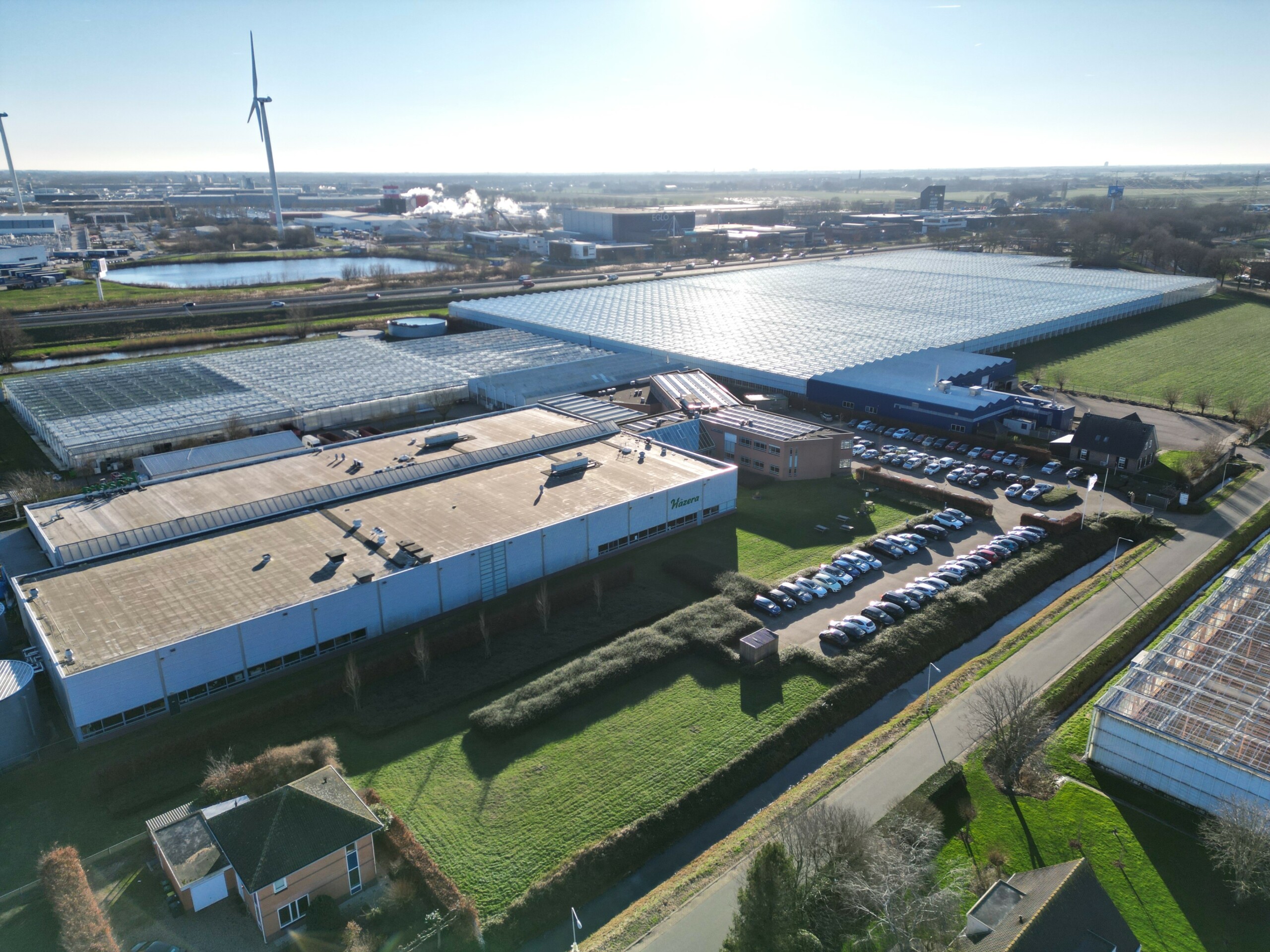 Backyard transformation
Backyard transformation